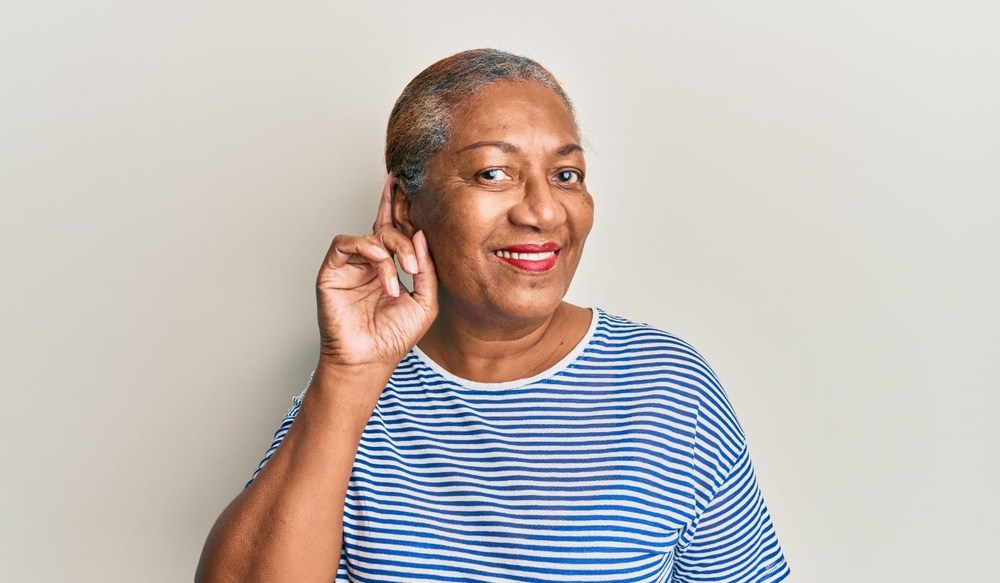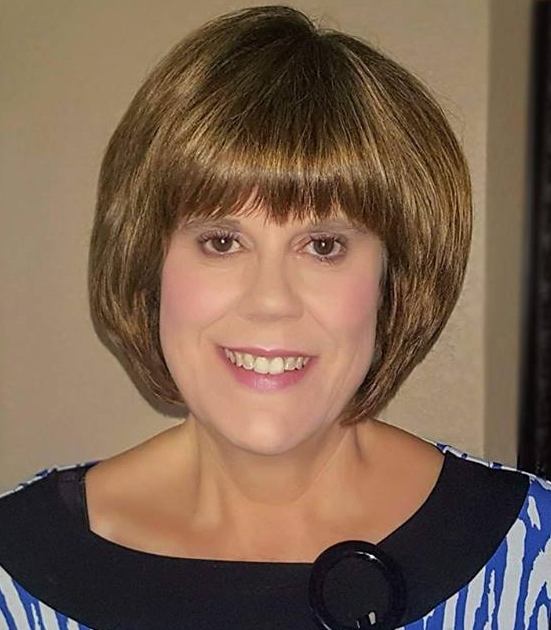3 Common Causes of Hearing Loss

Whether you’re having trouble following conversations, need to turn up the volume on the TV or notice that you’re missing everyday sounds, understanding the underlying causes of hearing loss is crucial. Identifying these causes early can help you take preventive measures and seek appropriate treatment. With the expertise of an audiologist, you can manage hearing loss effectively and continue to enjoy a fulfilling life.
Age-Related Hearing Loss
Age-related hearing loss, or presbycusis, is one of the most common causes of hearing loss, particularly among older adults. As people age, the structures within the ear, like the hair cells in the cochlea, gradually decline. This natural aging process leads to a progressive loss of hearing, typically affecting both ears equally.
Presbycusis often starts with difficulty hearing high-frequency sounds, like the voices of women and children or the chirping of birds. Over time, the ability to hear lower-frequency sounds may also diminish. This type of hearing loss can make it challenging to follow conversations, especially in noisy environments, leading to social withdrawal and feelings of isolation.
Regular hearing check-ups with an audiologist are crucial for early detection and management of presbycusis.
Noise-Induced Hearing Loss (NIHL)
Noise-induced hearing loss is another leading cause of hearing loss. It results from prolonged exposure to loud noises, whether from occupational settings, recreational activities or environmental sources. Common sounds include machinery, power tools, music concerts, sporting events and everyday activities like using headphones at high volumes.
NIHL occurs when loud sounds damage the delicate hair cells in the inner ear, which are responsible for translating sound waves into electrical signals for the brain. Symptoms of NIHL can range from slight difficulty hearing in noisy environments to profound hearing loss. Individuals may also experience tinnitus, a ringing or buzzing sound in the ears.
Wearing hearing protection, like earplugs or earmuffs, in noisy environments can significantly reduce the risk. An audiologist can provide personalized advice on protecting hearing and recommend hearing aids to manage existing hearing loss effectively.
Diabetes and Hearing Loss
Diabetes is a condition that affects millions of Americans, many of whom may be undiagnosed. Research has shown that individuals with diabetes are twice as likely to experience hearing loss compared to those without diabetes.
The link between diabetes and hearing loss is believed to stem from the high blood sugar levels associated with diabetes, which can damage the blood vessels and nerves in the inner ear. This damage harms the ear’s ability to transmit sound signals to the brain, leading to hearing loss.
Managing diabetes effectively is crucial for preventing or mitigating hearing loss. Additionally, individuals with diabetes should have regular hearing assessments with an audiologist to detect any changes in their hearing early.
Recognizing the common causes of hearing loss – age-related changes, noise exposure and diabetes – is essential for taking proactive steps to protect your hearing health. Regular check-ups with an audiologist are key to early detection and effective management of hearing loss. If you notice any signs of hearing loss, don’t hesitate to schedule an appointment with an audiologist.

